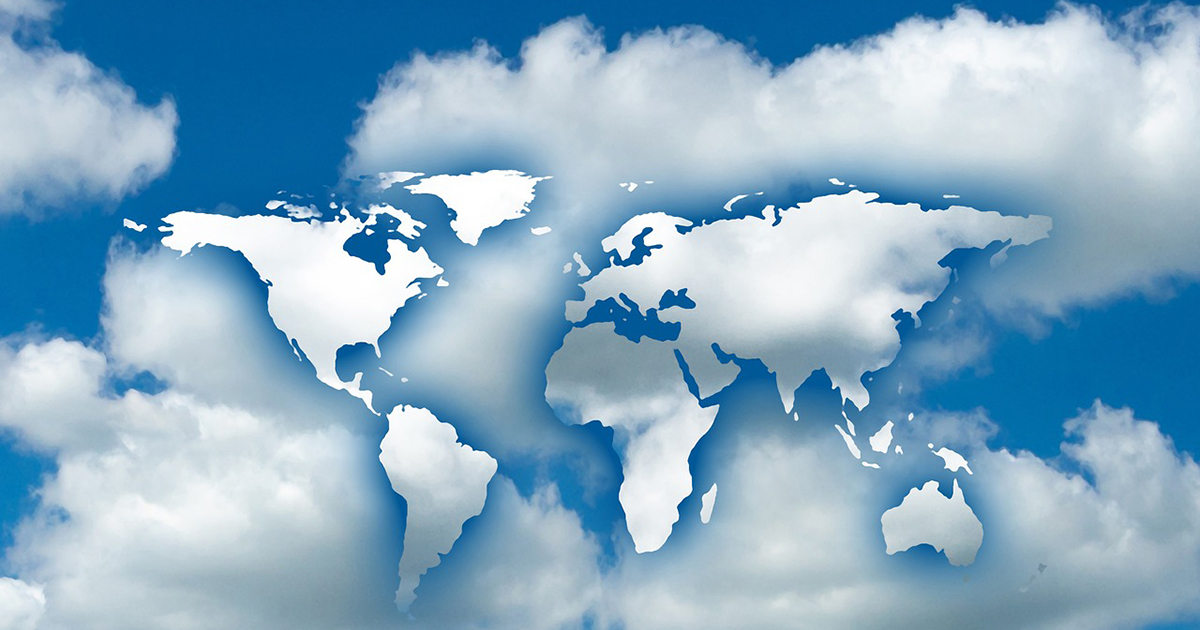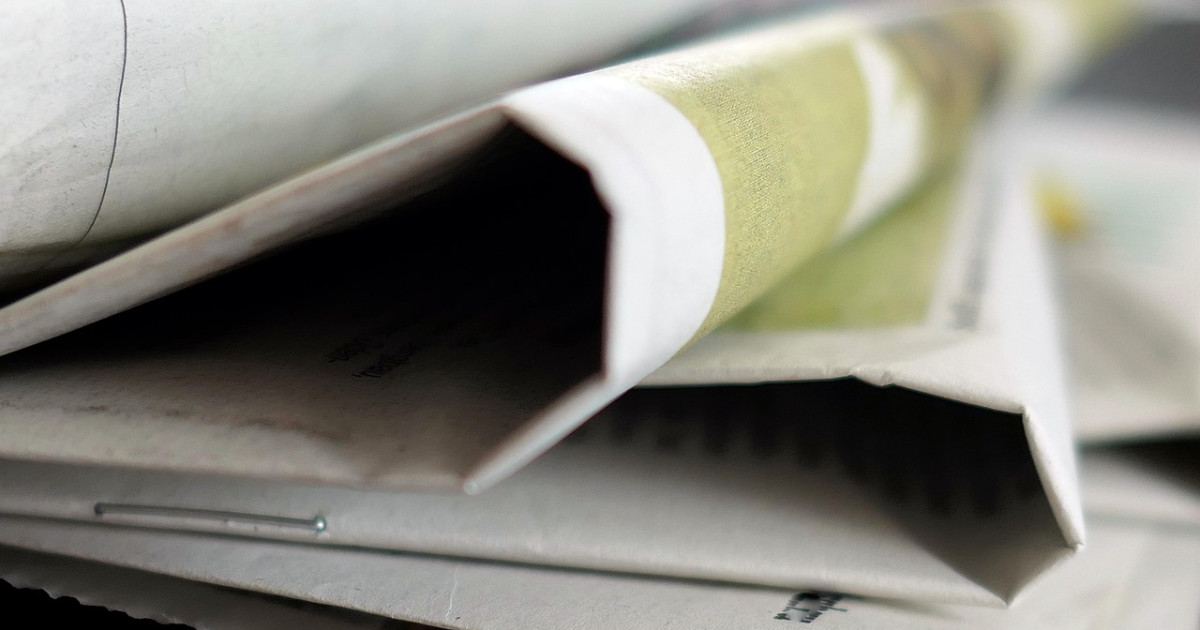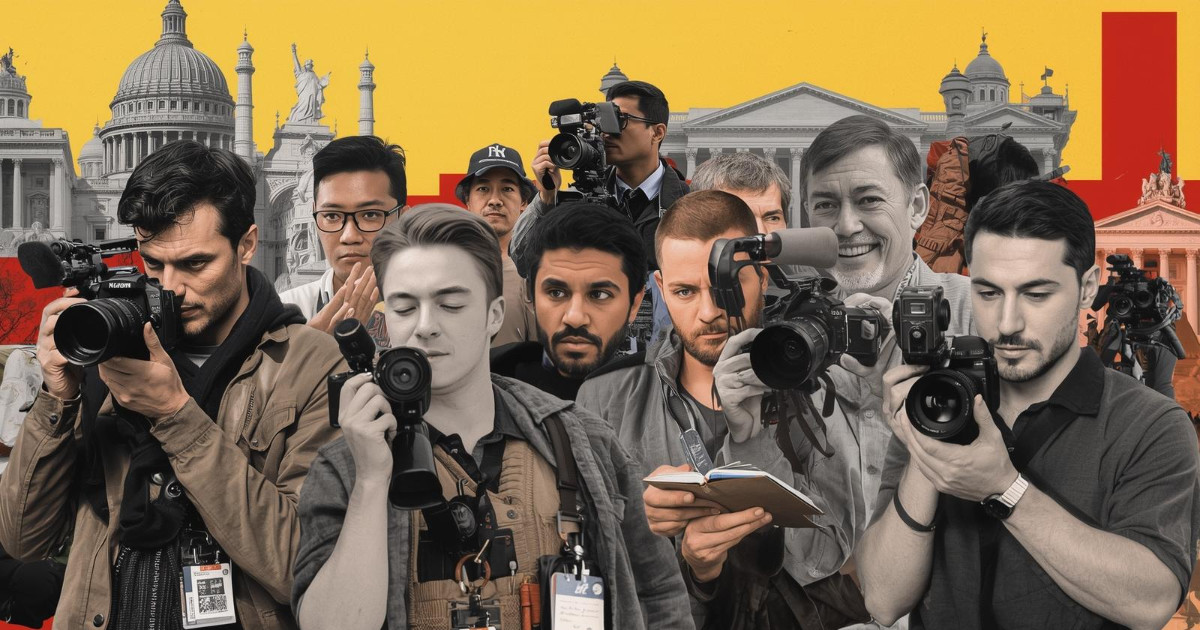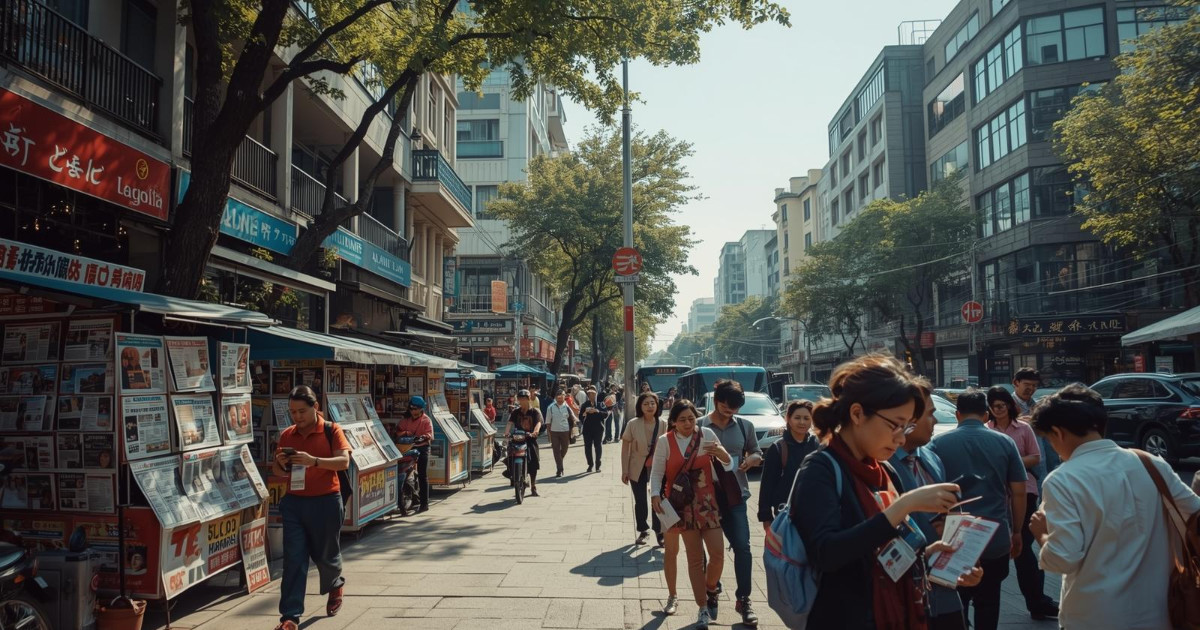Authorities seal Dera Ghazi Khan Press Club, two journalists arrested
JournalismPakistan.com | Published: 3 June 2024
Join our WhatsApp channel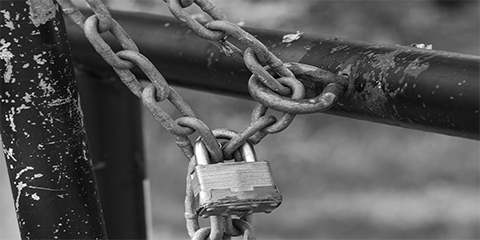
Authorities sealed the Dera Ghazi Khan Press Club after conflicts over a PTI press conference, resulting in the arrest of two journalists. This incident has raised alarms regarding press freedom and the implications of the MPO law in Pakistan.Summary
DERA GHAZI KHAN—In a decisive move, authorities have sealed the Dera Ghazi Khan Press Club after its management resisted police orders to prevent a press conference by the Pakistan Tehreek-e-Insaf (PTI), according to Freedom Network. The incident has also led to the incarceration of two journalists under the Maintenance of Public Order (MPO) law.
The press club became the center of controversy when police attempted to stop PTI officials from addressing the media. Despite police directives, the club's management stood firm, leading to a standoff that resulted in the sealing of the premises.
Authorities have issued stern warnings against any attempts to unseal the press club, emphasizing the legal ramifications of defying the order. This has raised concerns among journalists and media personnel about the implications for press freedom.
The arrest of the two journalists under the MPO law has sparked further outrage within the media community. The MPO law, often criticized for its stringent measures, allows for detention without trial for up to three months, raising fears of potential abuse of power and suppression of dissent.
This development comes amid increasing tensions between the government and media outlets, highlighting the fragile state of press freedom in Pakistan. The Dera Ghazi Khan Press Club's sealing and the subsequent jailing of journalists underscore the escalating challenges faced by the media in performing its duties without interference or intimidation.
Photo: Representational
KEY POINTS:
- Dera Ghazi Khan Press Club sealed by authorities.
- Two journalists arrested under the MPO law.
- Press conference by PTI was targeted by police.
- Authorities issued warnings against unsealing the press club.
- Concerns over press freedom grow amid government-media tensions.











